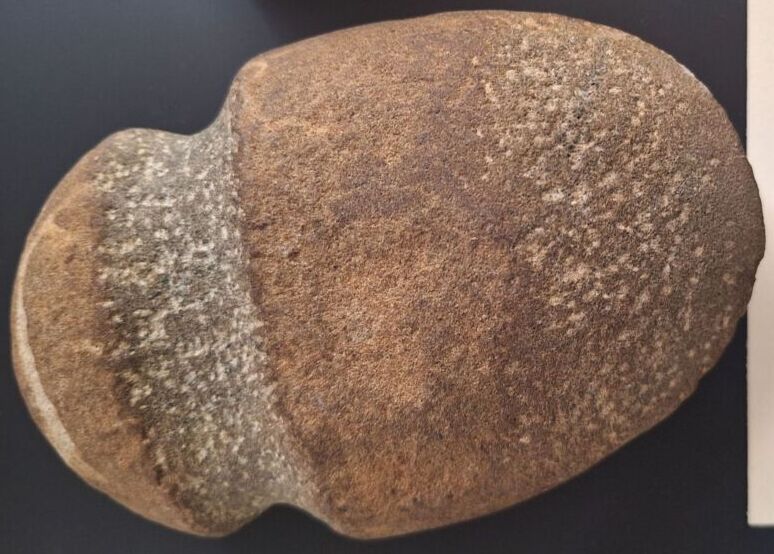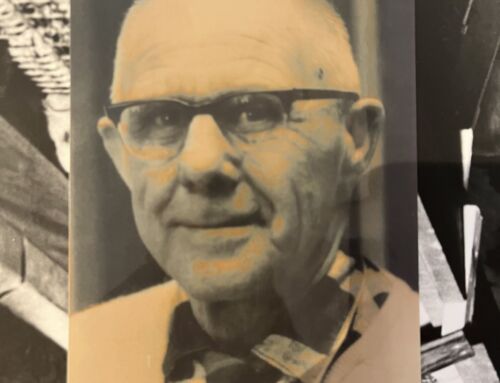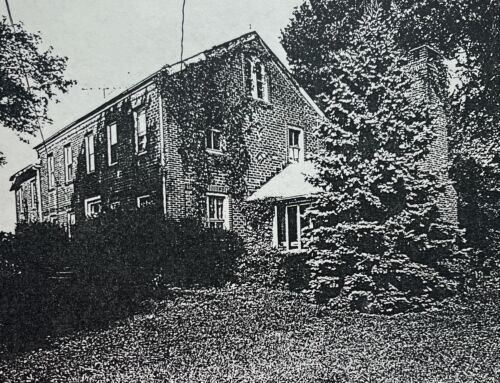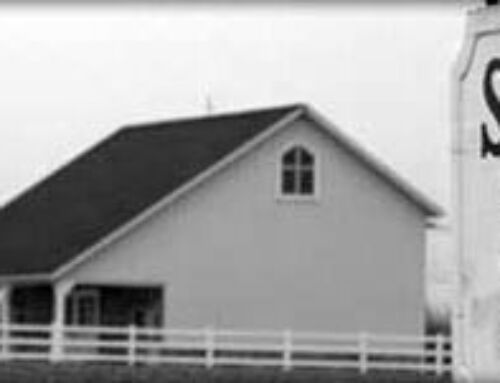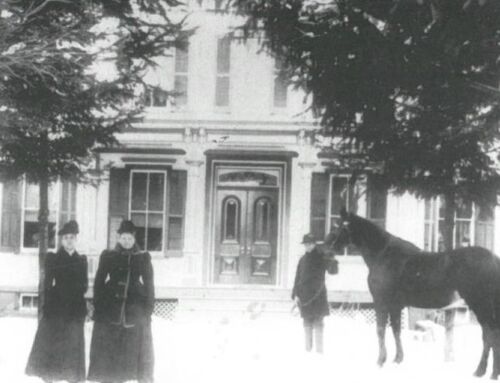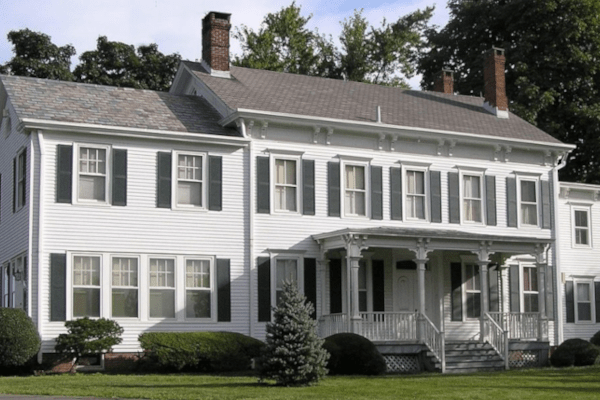The First Inhabitants of Plainsboro: Remembering and Honoring the Lenni-Lenape, New Jersey’s Indigenous People
It is important to acknowledge that long before the establishment of the United States, the land on which our community is now located was the ancestral territory of the Lenni-Lenape people. Their traditional homeland extended throughout New Jersey, eastern Pennsylvania, southern New York and Delaware. The Lenape called their ancient homeland “Lenapekoking.”
There were three main dialect groups and numerous interconnected communities. The Unami (People Down River) and the Unalachtigo (People Who Live Near the Ocean) lived in the central and southern regions. The Munsee (People of the Stony Country) lived in the north. Many familiar place names in our area come from Lenape languages including Raritan, Assunpink, Navasink, Minisink, Neshanic, Piscataway, Manalapan and Matchaponix. The Wicoff House Museum remembers and honors the Indigenous people with a display of stone tools and projectile points dating back thousands of years.
The arrival of European colonists in the seventeenth century triggered the diaspora (forced migration or removal) of the New Jersey Lenni-Lenape and the Nanticoke people from Maryland and Delaware. While many of New Jersey’s original people were resettled on reservations in the Western US, some remained in New Jersey. Descendants of the Lenni-Lenape Nation and Nanticoke Tribe have kept their culture alive and continue to honor the legacy of their ancestors.
The Nanticoke Lenni-Lenape Tribal Nation, based in Bridgeton, NJ, were not officially recognized by the State of New Jersey until after the tribe won a lawsuit in 2018. Two other New Jersey tribes, the Ramapough Mountain tribe and the Powhatan Renape Nation, entered into settlement agreements with the State of New Jersey in 2019. It was vital for the preservation and protection of these indigenous people that they became State-recognized as American Indian Tribes. Up until their official State-recognition, the Nanticoke Lenni-Lenape were denied access to federal grants, scholarships and were ineligible for state benefits. Even their traditional arts and crafts items were not eligible according to the law to be labeled as “American Indian-made.” Learn more about the tribal history of the Nanticoke and Lenape on their website: https://nanticoke-lenape.info/history.htm
Things to think about: What traditions does your family or culture have that were passed down from generation to generation? Think about the meaning of the names Unami, Unalachtigo and Munsee. What do these descriptive names tell us about how they might have lived?
Check back for PART 2: 1982 Scudders Mill Road Bypass Archaeological Dig Reveals Lenni-Lenape Homes in Plainsboro

This sandstone full grooved axe is from the Archaic Period (about 3000-9000 years old). It was found on the property of the Walker-Gordon Farm.
